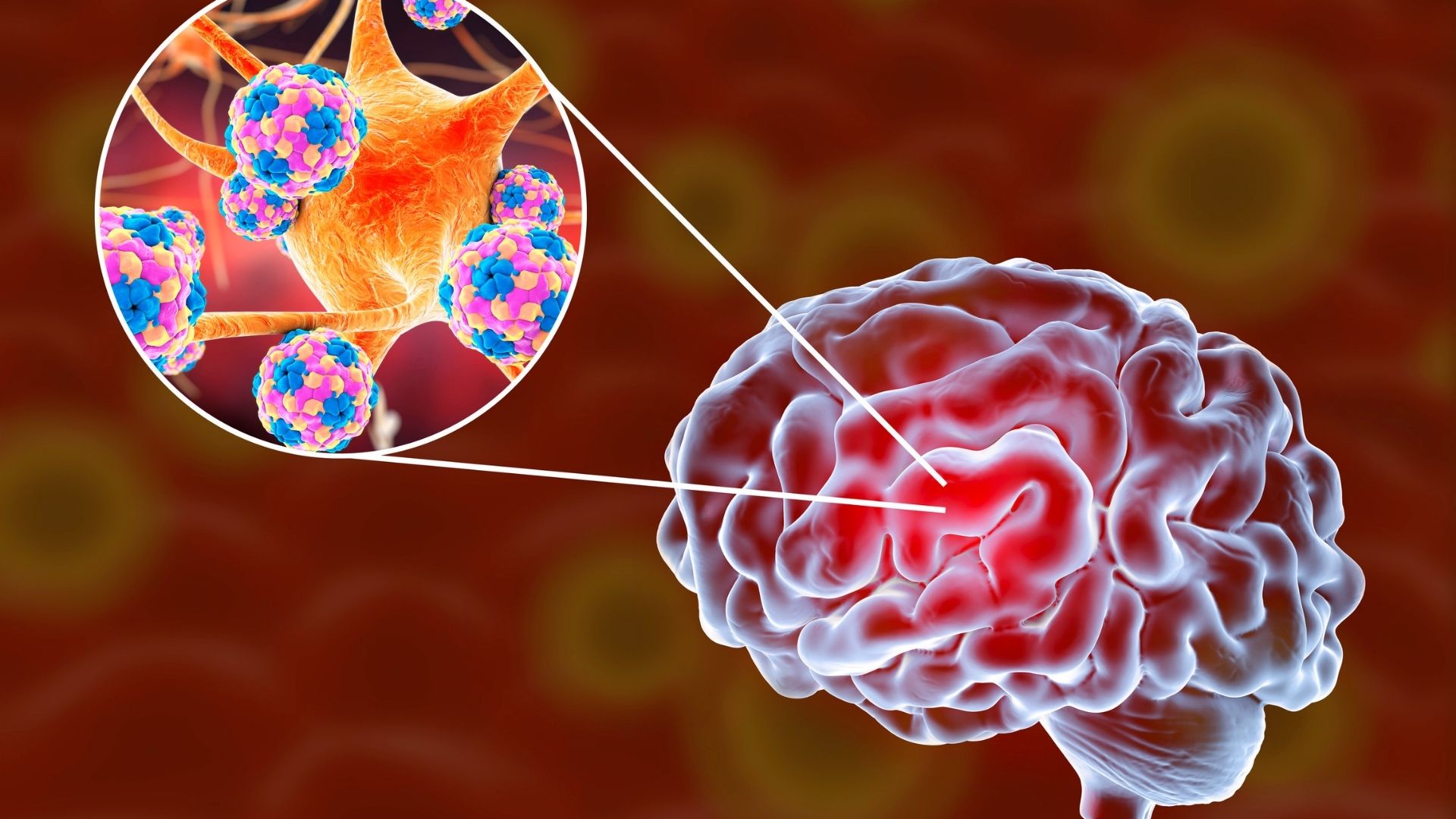Meningitis is an inflammation of the membranes of the brain and spinal cord (meninges). The meninges are the membranes that protect the brain and spinal cord. Meningitis is usually caused by infectious agents such as viruses or bacteria, but can also develop due to fungi, parasites or other causes.
The most common types of meningitis are viral and bacterial meningitis. Viral meningitis usually causes mild symptoms and usually resolves spontaneously. Bacterial meningitis, on the other hand, is a serious condition and may require immediate medical attention. Bacterial meningitis can have complications that can lead to serious consequences, even death, if left untreated.
Symptoms of meningitis can include headache, high fever, back and neck stiffness (neck stiffness), nausea, vomiting, sensitivity to light, confusion, drowsiness and changes in consciousness. Symptoms may worsen as the infection spreads and becomes more severe.
Meningitis can be diagnosed by physical examination, laboratory tests, blood tests and cerebrospinal fluid (CSF) analysis. A CSF analysis is a test to determine the cause of meningitis and assess the severity of the infection.
Treatment depends on the cause of meningitis. Viral meningitis is usually managed symptomatically, while bacterial meningitis is a serious infection and requires hospitalization and intravenous antibiotic treatment. Prompt treatment can reduce the negative consequences of bacterial meningitis.
Vaccination is important to prevent meningitis. Meningitis vaccines can protect against some bacterial strains and are especially recommended for infants and children. It is also important to follow hygiene rules to prevent the spread of infections.
As meningitis is a serious health condition, it is important to consult a health care professional in case of any suspicion. Early diagnosis and treatment can reduce the risk of complications and provide a better prognosis.



